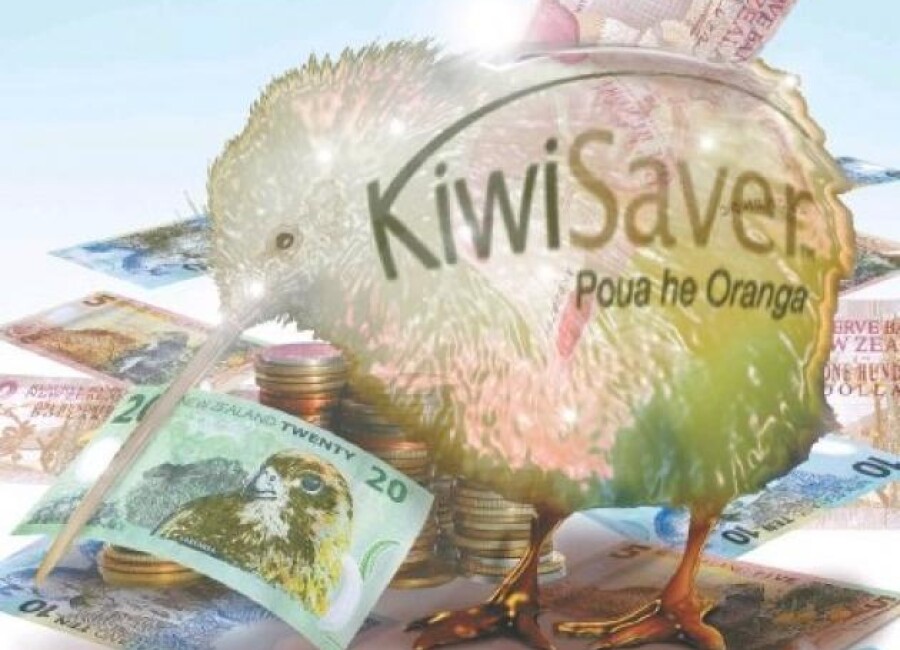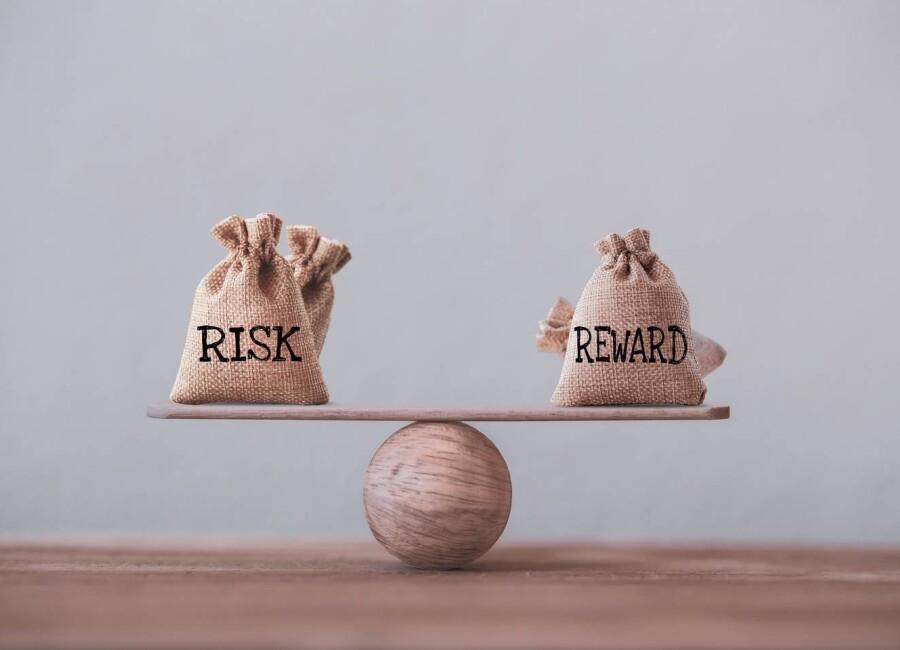
How we can help you with your KiwiSaver planning:
- Help you understand how KiwiSaver works and why it is so GOOD
- Reviewing your existing KiwiSaver account or giving advice if you have not already joined
- Why KiwiSaver is such a good investment option for the over 65s
- Ensuring you are in the best fund to maximise your returns
- Making sure that you are in receipt of your free money (Government Contribution)
- Calculating your retirement benefits so you know what KiwiSaver is likely to provide at retirement
- Using KiwiSaver to help you purchase a home (for first home buyers)
How KiwiSaver Works
KiwiSaver is a voluntary savings scheme set up by the government to help New Zealanders to save for their retirement.
It's an easy and affordable way to save and invest for our retirement years. Most of us can benefit from joining KiwiSaver, if we haven’t already.
Employees can choose to contribute 3%, 4%, 6%, 8% or 10% of your gross (before tax) wage or salary to our KiwiSaver account.
Employers are required to contribute close to 3% of your gross salary if you contribute.
There’s an annual government contribution as well, even if you're not an employee – as much as $521 each year until you're 65.
If you're self employed, you an choose how much you want to invest but ideally, at least invest enough to benefit from the free annual contribution.
Your savings are invested on your behalf by the KiwiSaver provider of your choice.


Government Contributions - Never Miss Out on Free Money
You can’t really talk about KiwiSaver without talking about government contributions.
As long as you’re eligible, every year the government matches your KiwiSaver contributions with 50c for each dollar you pay in, up to a maximum of $521.43. So, to get the full government contribution, you simply need to make sure that $1,042.86 (or just over $20 a week) goes into your KiwiSaver account each year. If you were only going to check one thing each year on your KiwiSaver this should be it.
If you’re an employee and are working full time, you’ll probably hit your minimum contribution without noticing. However, it’s always good to check your contributions for the year to make sure.

Buying Your First Home...
If you’re eligible, you can use your KiwiSaver savings to either buy your first home or buy land to build your first home on.
To be eligible for a KiwiSaver first home withdrawal, you must:
- Have been a member of a KiwiSaver scheme or complying superannuation fund for at least three years
- Have not owned a home or land before in New Zealand or overseas –previous homeowners may still be eligible, Kāinga Ora can determine if you’re eligible as a previous home owner, find out more at kaingaora.govt.nz
- Be buying a home or land in New Zealand
- Intend to live in the home or on the land you’re buying – if you intend to build a home on the land, then your first home withdrawal can’t be used for the build, only the land
- Have not made a first home withdrawal before.
You can’t use your first home withdrawal to fund the cost of building a home on land you already own (whether gifted or inherited), no matter how you became the owner.
You can apply to withdraw all your KiwiSaver savings to put towards a home or land, except for the $1,000 kickstart (if received), any amount you may have transferred from an Australian complying superannuation scheme (if applicable) and any Government contributions received during any period you lived overseas and didn’t have permanent residence in New Zealand.
The First Home Grant is an additional benefit offered by Kāinga Ora (previously known as Housing New Zealand) which is designed to help eligible KiwiSaver members get into their first home. Check the First Home Grant eligibility requirements at the Kāinga Ora website.
Why You Shouldn't Be a Compulsive Switcher
Frequently switching between funds to try and get the “right” investment fund is one of the most common mistakes we see clients make. Changing funds to try and time the market, like moving to a more conservative fund when you see your balance fall, can mean you miss out on investment returns when the markets improve. The most important factors when it comes to selecting a fund are your investment goals and how long you have until you’ll need your money.


Have Online Visibility
Information is a powerful tool – but getting the balance right of checking in on your account every now and then, but not too often, is crucial to the long-term success of your KiwiSaver account. It’s good to check on your KiwiSaver balance from time to time to see if you’re on track to reach your goals, but checking too often can lead to concern if you see your balance going up and down. KiwiSaver is intended to be a long-term investment, and short-term market ups and downs are normal.
Consider a Managed Fund for your Shorter Term Goals
Locking money away until retirement or for a first home can prove to be one of the biggest advantages of KiwiSaver, as we can’t dip into it for other shorter-term expenses and goals. This does however limit our options, with many shorter-term goals off the table as a result.
Investing in a managed fund can be a simple way to fill this gap and the great news is it will look and feel very similar to your existing KiwiSaver account. Unlike KiwiSaver, a managed fund can also be set up in more than one name allowing accounts to be aligned and managed across the family for a range of different goals.


Get Some Advice
Perhaps the most important hack of all, if you’ve still got questions on how you can get the most from your KiwiSaver account – get some help. A report from Financial Advice New Zealand shows that Kiwis who seek out professional financial advice exhibit good financial behaviours more often than those who don’t. They’re more prepared for retirement, feel better about their financial position and are more comfortable making big financial decisions.
